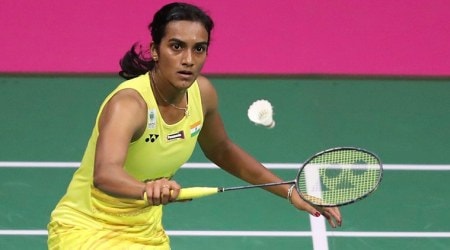 As Justice Dipak Misra takes over as CJI, the court, through its verdicts, has also set up the debates for the future.
As Justice Dipak Misra takes over as CJI, the court, through its verdicts, has also set up the debates for the future.
Chief Justice JS Khehar’s last week in office marked a series of watershed moments in the history of the republic. In the triple talaq verdict, a five-judge bench of the Supreme Court displayed a fine complexity. It struck down, through the majority opinion, a regressive practice on the grounds that it violated Article 14 — the constitutional guarantee of the fundamental right to equality — but a significant opinion on the bench also reiterated the constitutional protection to personal laws. Forty-eight hours later, the apex court stood up unequivocally for the right of the individual to privacy. It recognised her right “to be different and to stand against the tide of conformity in creating a zone of solitude”.
Ever since 2014, an apprehension has taken hold and grown — that a strong political executive is asserting its dominance in spaces that, in a plural, constitutional polity, should not be governed by the tyranny of numbers. It has given rise to fears of a spreading majoritarianism among sections of minorities — religious, social, political. The BJP has used its electoral victories to justify controversial policies and political projects, from those carried out in the name of cow protection and to counter “love jihad”, to the overriding of citizens’ legitimate concerns on data protection. A weak Opposition has been unable to articulate a counter-narrative. In this context, the judiciary has reminded — and reassured — the people of India that democracy is not merely preserved and sustained by the holding of elections and the electing of governments. It needs checks and balances, and countervailing institutions, to protect individual and minority rights from being relegated or stifled.
As Justice Dipak Misra takes over as CJI, the court, through its verdicts, has also set up the debates for the future. The idea of the private individual that the higher judiciary has affirmed must now be actualised. Going forward, the lower courts must also uphold the principles the apex court has outlined in specific cases that come before them. The onus also lies on citizens. The apex court has, particularly through the privacy verdict, provided the tools for individuals to assert their rights, to stand up against any attempts to deny them. By testing and deploying these for the rights of homosexuals, women, the poor and vulnerable, the idea of citizenship will be made bolder and deeper. How CJI Misra shapes the contentious debate on judges’ appointments and protects the judiciary’s independence will also define the balance between the executive and the court.

